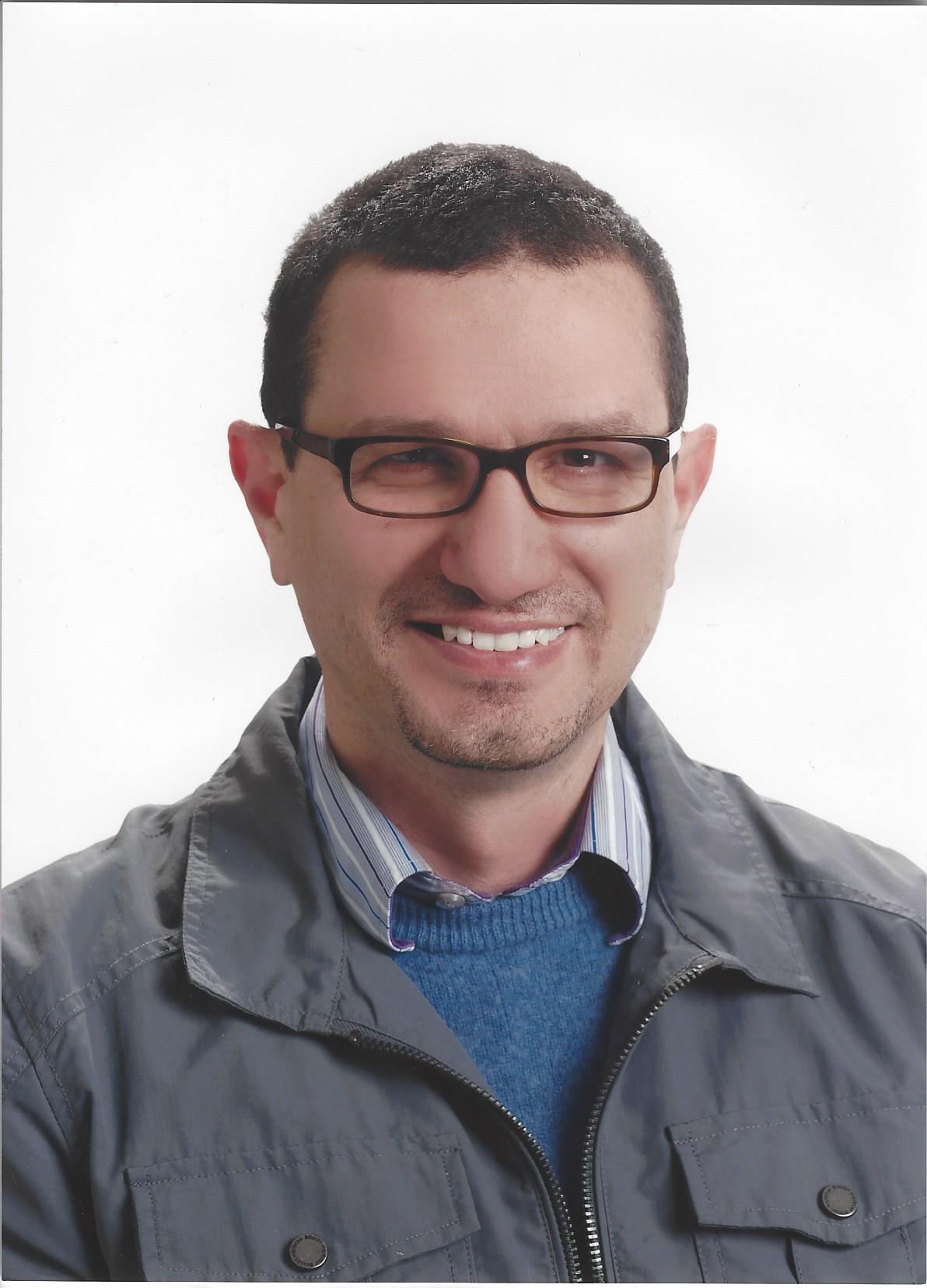Events Calendar
Abstract: There is no doubt that artificial intelligence (AI) systems and machine learning (ML) algorithms are transforming the medical field as we know it including radiotherapy. Applications in auto-contouring, treatment planning and quality assurance are currently shaping up in many clinics around the world. However, full-fledged application of AI/ML seems to be stalled with concerns regarding robustness and reproducibility, particularly in promising areas such as personalized medicine and response-adaptive radiotherapy, where AI/ML is expected to make the strongest impact on patient’s outcomes and their quality of life. Here, we examine how statistical computational principles rooted in physics and recent advances in quantum information theory can help overcome current barriers in AI/ML application. We will present applications of our work in this area and their application to radiation oncology from treatment planning to geometric adaptations and optimizing complex decision making. We highlight the advantages as well as current challenges and future directions in this new emerging field.

About the speaker: Issam El Naqa received his B.Sc. (1992) and M.Sc. (1995) in Electrical and Communication Engineering from the University of Jordan, Jordan, and was awarded a first place young investigator award for his M.Sc. work. He worked as a software engineer at the Computer Engineering Bureau (CEB), Jordan, 1995-1996. He was awarded a DAAD scholarship to Germany, where he was a visiting scholar at the RWTH Aachen, 1996-1998. He completed his Ph.D. (2002) in Electrical and Computer Engineering from Illinois Institute of Technology, Chicago, IL, USA, receiving highest academic distinction award for his PhD work. He completed an M.A. (2007) in Biology Science from Washington University in St. Louis, St. Louis, MO, USA, with highest distinction, where he was also pursuing a post-doctoral fellowship in medical physics and was subsequently hired as an Instructor (2005-2007) and then an Assistant Professor (2007-2010) at the departments of radiation oncology and the division of biomedical and biological sciences and was an adjunct faculty at the department of Electrical engineering. He became an Associate Professor at McGill University Health Centre/Medical Physics Unit (2010-2015) and associate member of at the departments of Physics, Biomedical Engineering, and Experimental medicine, where he was a designated FRSQ and CIHR scholar. He later joined the Department of Radiation oncology at the University of Michigan at Ann Arbor, where he was a Professor and associate member in Applied Physics and the Michigan institute of data science. He recently become the founding chair of the department of Machine Learning at Moffitt Cancer Center, Tampa, Fl. He is a certified Medical Physicist by the American Board of Radiology. He is a recognized authority in the fields of machine learning, data analytics, and oncology outcomes modeling and has published extensively in these areas with more than 230+ peer-reviewed journal publications and 4 edited textbooks. He has been a member and fellow of several academic and professional societies including AAPM and IEEE. His research has been funded by several federal and private grants in Canada and the USA and served on national and international study sections. He acts as a peer-reviewer and editorial board member for several leading international journals in his areas of expertise.
